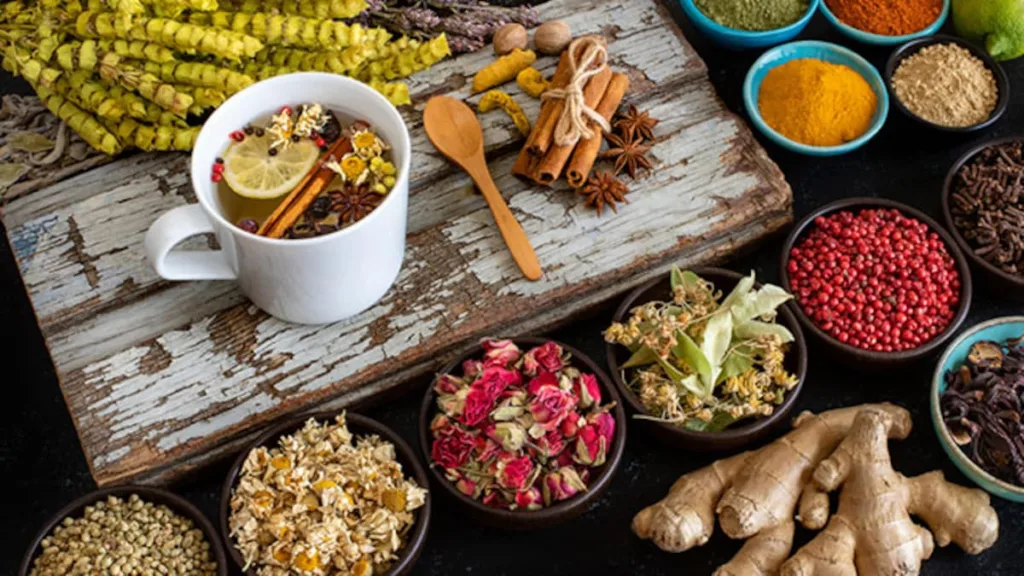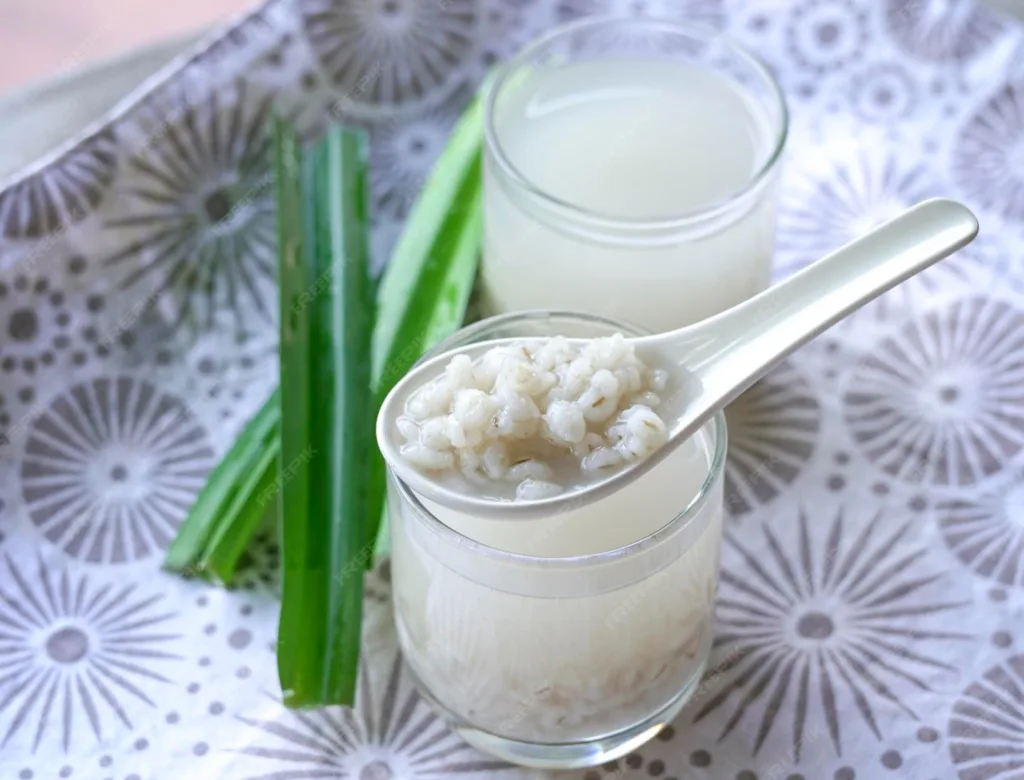
Flu season can be a dreadful time, but before you reach for over-the-counter medications, consider these remedies that might just do the trick. From traditional concoctions to herbal solutions, here are 6 flu remedies you can try at home.
6 Home Remedies To Fight The Flu
1. Taking Mineral Zinc Food

Image via Gardener’s Path
The essential mineral zinc plays a crucial role in supporting your immune system by aiding in the production of white blood cells, which combat germs. Zinc could potentially alleviate symptoms associated with colds and flu, as it assists in fighting the flu virus and may impede its replication process.
During flu season, one option is to incorporate a zinc supplement or a multivitamin containing zinc into your daily routine. However, it’s worth noting that maintaining a balanced diet usually provides an adequate intake of zinc. Foods rich in zinc encompass a variety of options such as red meat, shellfish, lentils, chickpeas, beans, nuts, seeds, dairy products, and eggs.
2. Gargling Salt Water

Image via LinkedIn
Simple yet effective, gargling salt water is a time-tested remedy for soothing a sore throat and combating respiratory infections. The saline solution kills bacteria and viruses, reducing inflammation and preventing their spread to the lungs. Incorporating regular salt water gargles into your routine can help ward off common colds and flu, providing a cost-effective and safe preventive measure.
3. Applying Essential Oil

Image via eMediHealth
Certain varieties of essential oils possess properties that can offer protection against specific viruses and bacteria. Tea tree oil, for instance, exhibits efficacy in combating the flu virus by impeding its replication process, potentially preventing its spread. Tea tree oil is most effective when applied within two hours of infection, indicating its potential to hinder the multiplication of the flu virus.
Additionally, various plant-based and herbal essential oils serve as natural antibiotics and antivirals, including cinnamon oil, peppermint oil, eucalyptus oil, geranium oil, lemon oil, thyme oil, and oregano oil. It’s important to adhere to usage instructions for essential oils and avoid ingestion as many can be toxic. Most essential oils are suitable for topical application after dilution with carrier oils like almond or olive oil. Incorporating fresh and dried herbs and spices into meals can also offer similar benefits.
Diffusing essential oils into the air using a diffuser may provide additional protection against certain viruses and bacteria. However, it’s essential to consider the potential effects of aromatherapy, particularly on children, pregnant or breastfeeding women, and pets.
4. Drinking Herbal Tea

Image via NDTV Food
Various herbs possess inherent antiviral and antibacterial characteristics. Star anise, a distinctive star-shaped spice, historically served as the source for oseltamivir extraction, commonly known as Tamiflu.
Incorporating herbal tea into your routine may aid in combating the flu virus. Furthermore, a steaming herbal concoction can provide soothing relief for the throat and sinuses.
A flu-fighting herbal tea can be crafted using star anise alongside other herbs such as green or black tea, turmeric, fresh or dried ginger (or ginger paste), fresh garlic, and cloves. To enhance flavor, sweeten herbal teas with pure honey. Notably, honey, royal jelly, and other bee-derived products are recognized for their natural antiviral and antibacterial properties.
5. Eating Tulsi (Holy Basil)

Image via Healthshot
Tulsi, commonly known as holy basil is a potent remedy for coughs and flu. Rich in anti-inflammatory, antibacterial, and antiviral properties, Tulsi effectively fights infections and reduces fever. Consuming a few Tulsi leaves with honey can provide relief and boost immune health, offering a natural alternative to conventional medications.
6. Drinking Barley Water With Pandan Leaves

Image vi Freepik
Barley water infused with pandan leaves might sound like an old wives’ tale, but there’s scientific merit behind it. Barley is renowned for its immune-boosting properties, containing beta-glucan—a soluble fiber with anti-inflammatory and antioxidant effects. This soothing drink not only helps bolster your immune system but also provides relief for a sore throat. Simply soak barley in water overnight, boil until soft, and strain the liquid. Add honey and lemon for a delightful taste.
When it comes to battling the flu, these scientifically validated home remedies offer a holistic approach to symptom relief and immune support. Incorporating these remedies into your routine can help alleviate discomfort and promote recovery. Next time you find yourself under the weather, give these natural solutions a try—you might be pleasantly surprised by the results.










